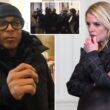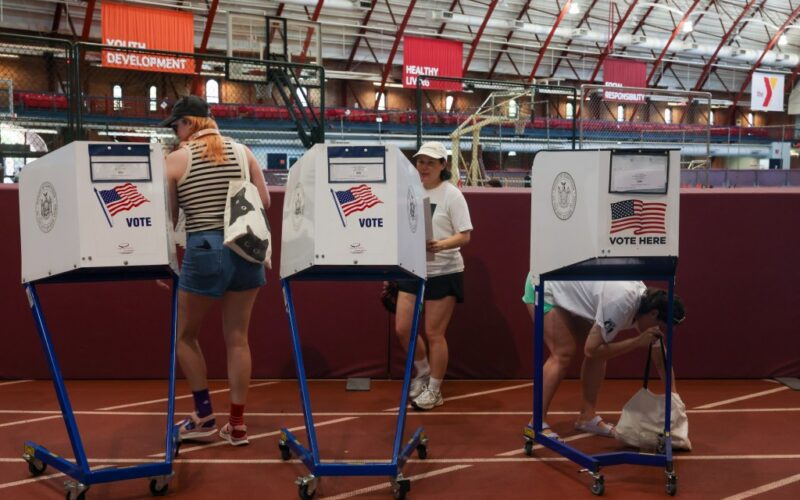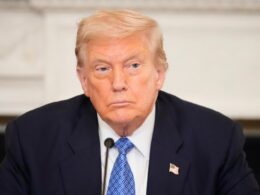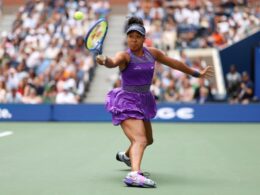Two weeks ago in this space, we said the NYC Charter Revision Commission “seemed to have chickened out” in offering the voters of this great city the option to open up the primary elections for local offices, like mayor and City Council, to all registered voters, irrespective of being enrolled in a political party.
Unfortunately, our assessment was correct and the panel, chaired by Rich Buery, is caving to the pressure from the party bosses and not putting a question about open primaries, also called nonpartisan elections, on this November’s ballot.
We published our previous editorial hours before the commission’s final public input session, where pols like comptroller and third place Democratic mayoral primary finisher Brad Lander and Queens Councilwoman Joann Ariola, the GOP minority leader, protested against the reform of nonpartisan elections, which are the norm in 85% of American cities.
Also vociferously against allowing all registered voters to participate in open primaries is the leadership of the Working Families Party, which wants to use its influence to sway closed Democratic primaries, which used to be illegal.
Buery and fellow panel members Sharon Greenberger, Leila Bozorg, Grace Bonilla, Shams DaBaron, Anita Laremont, Lisette Nieves, Anthony Richardson, Julie Samuels, Diane Savino, Carl Weisbrod, Valerie White and Kathy Wylde then went ahead and sided with the parties against the 8-plus million people of New York City. A big mistake.
This afternoon is the group’s final meeting, where they will decide what will appear on the general election ballot. There will be four questions related to easing the city’s terrible housing shortage, all useful and needed, and one useless question about moving our local elections from odd years, like this present year, to presidential contest years.
The commission says such a switch would boost turnout, which we don’t dispute, but it’s beyond the power of the commission and city voters to implement the move. The New York State Constitution requires that the city’s local elections are to be held in odd years and the state Constitution is very difficult to amend.
Such an amendment needs affirmative votes of both houses of the state Legislature in different sessions over the course of years, followed by a statewide referendum. So even if the Charter Revision Commission’s question about electing a mayor and president at the same time is approved by city voters this November, nothing would change until and unless Albany acts and Albany may never act.
So there will be no mayoral election in the presidential year of 2028 and even 2032 seems unlikely. Promising synchronized voting for mayor and presidential is a promise that the commission is powerless to deliver. However, having nonpartisan elections is within their power and they are folding in the face of the party bosses.
Of course open primaries make sense; cities including Los Angeles and Chicago have figured out how to let all voters vote. But not New York.
We reject any chatter about needing more time to get New Yorkers used to the idea of nonpartisan elections, as there has been plenty of time and the concept has been discussed for many years. The same goes for the argument that some organized elements in the city (like the parties and other special interests) would fight against such a reform and urge a “no” this November.
That’s fair and if the voters don’t want it, they would turn it down at the polls. But the voters won’t even have that chance this year, which means that the commission chickened out.








